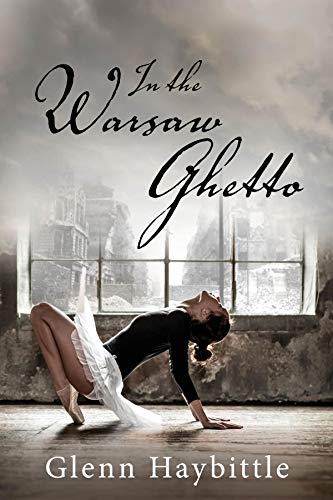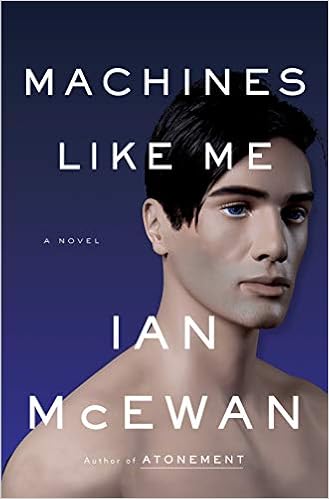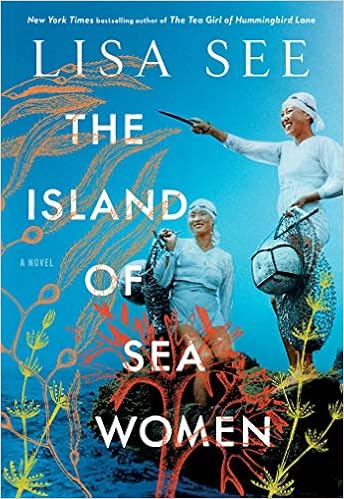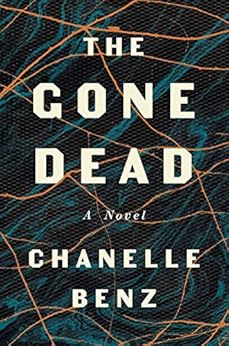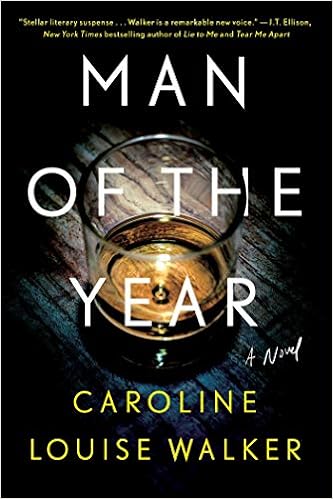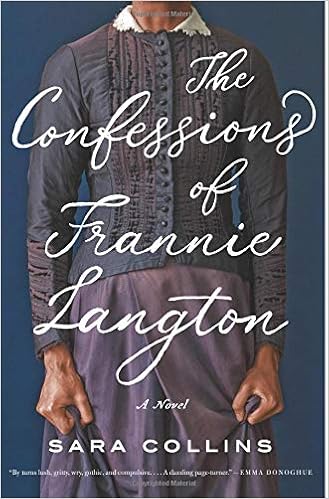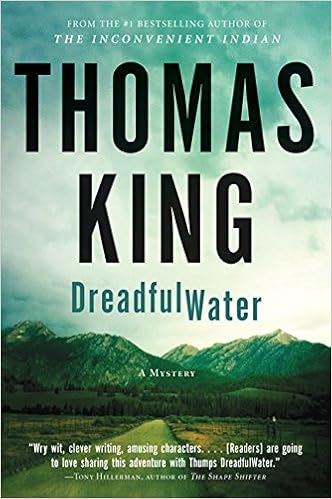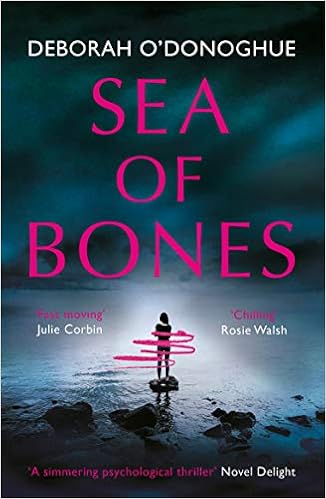Eighteen-year-old Ala Silberman wants to be a dancer, but her dreams
are dashed when she and her family are forced into the Warsaw ghetto. Since her family is wealthy and has
connections, her life is not immediately impacted and much continues as normal;
in fact, she struggles with feelings of guilt because of “her privileged position”: “amidst all this squalor, her nice clothes,
her clean hair, her scented healthy body, make her stand out in a way that
causes her discomfort.”
Ala’s uncle Max is a middle-aged bachelor who still has feelings for a
woman from his youth. In the ghetto he
meets Sabina again, along with her daughters Ora and Eugenia. Max hopes to rekindle their romance. Because he too has access to money, he, like
his niece, does not suffer unduly at first.
Of course, conditions worsen and then deportations to Treblinka begin so
no one escapes brutalities.
Chapters alternate between Ala and Max.
Max hopes to win Sabina’s love and to protect her and her children from
what is happening around them. Ala’s
story is very much a coming-of-age tale.
She has a difficult relationship with her mother and struggles to
understand her sexual desires. As her world falls apart, her feelings about
sex change.
Ala’s characterization is inconsistent.
At times she seems like a very young girl embarrassed to talk to her
mother about menstruation and having to shave her pubic hair when she joins a
ballet corps. At other times, her thoughts
and dialogue suggest a much older person:
“’You, like me, are the sum of everything you remember. The problem is, memories perhaps are no less
subject to change than the world of surfaces which might mean we never quite
know who we are.’”
In general, dialogue is problematic throughout the novel. It often sounds too formal and stilted, not
like natural conversation between people.
Another issue is that there is so much exposition and so much less
dialogue. The chapters are short, but
there are many that have almost no conversation. In other words, more showing and less telling
should have been used.
Max’s attraction to Sabina is not convincing. At one point, he questions her love for him;
he feels she “has been surreptitiously collecting evidence against him from day
one. . . . As if she has kept a part of herself secret and apart, as if she has
continually conducted an argument with herself about him.” This is exactly the case, but he ends up
feeling “ashamed of himself for doubting her.”
One minute he sees their relationship clearly and the next his love for
her is blind once again.
Another problem is that characters appear and disappear. The three young men in whom Ala has an
interest show up without explanation at different times. Then they are not mentioned again for several
chapters until they again show up.
Sabina’s aunt is another such character as is Adam, an acquaintance who
flirts with Sabina. He is
mentioned periodically just to add suspense:
can he be trusted?
Of course, the question of who can be trusted becomes very important in
the novel. Several times it is mentioned
that it is “the Jewish police and not Germans who are rounding people up” and these
Jewish police are described as “vile.
Hitting people with their truncheons like they had become Nazis.” One man gives examples of Jews who have
betrayed neighbours in order to protect their own families: “’To what degree should we extend our loyalty
from our loved ones to our race as a whole?’”
And the will to survive is strong; one Jewish man betrays twenty Jews to
the Germans. Max thinks, “He doesn’t
understand the logic of this man. The
Germans will surely kill him anyway. And
yet he has sentenced twenty Jews to death in order to say alive for another
half hour.”
The role of the Polish people in the mistreatment of Jews is also
emphasized. For example, Max converted
to Catholicism for career purposes because of “how prejudiced Poles are against
Jews.” One man points out, “’The Germans
have little idea who’s Jewish and who’s not.
It’s we Poles who point out the Jews for them. Every Jew in the entire district has been
betrayed by a fellow Pole.’” I could not
but think of the Polish government’s passing of legislation in 2018 that attempted
to restrict discussion of anti-semitism in Poland and of the culpability of
some Poles in the Holocaust.
This book sheds light on life in the Warsaw ghetto. It is not an easy, comfortable read because
of its subject matter. That subject
matter is something with which everyone should be familiar. Unfortunately, this book, though it does have
important information, lacks qualities that would make it exceptional literary
fiction.
Note: I received a digital
galley of this book from the publisher via NetGalley.
